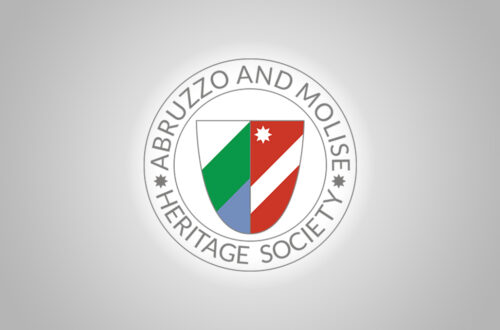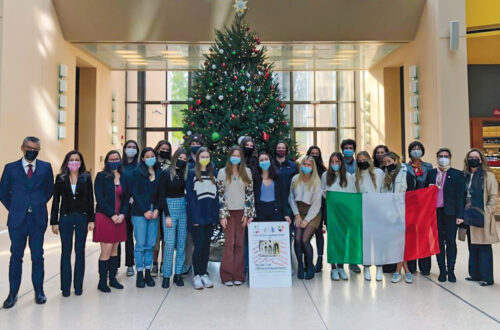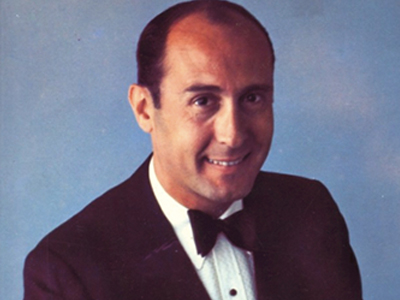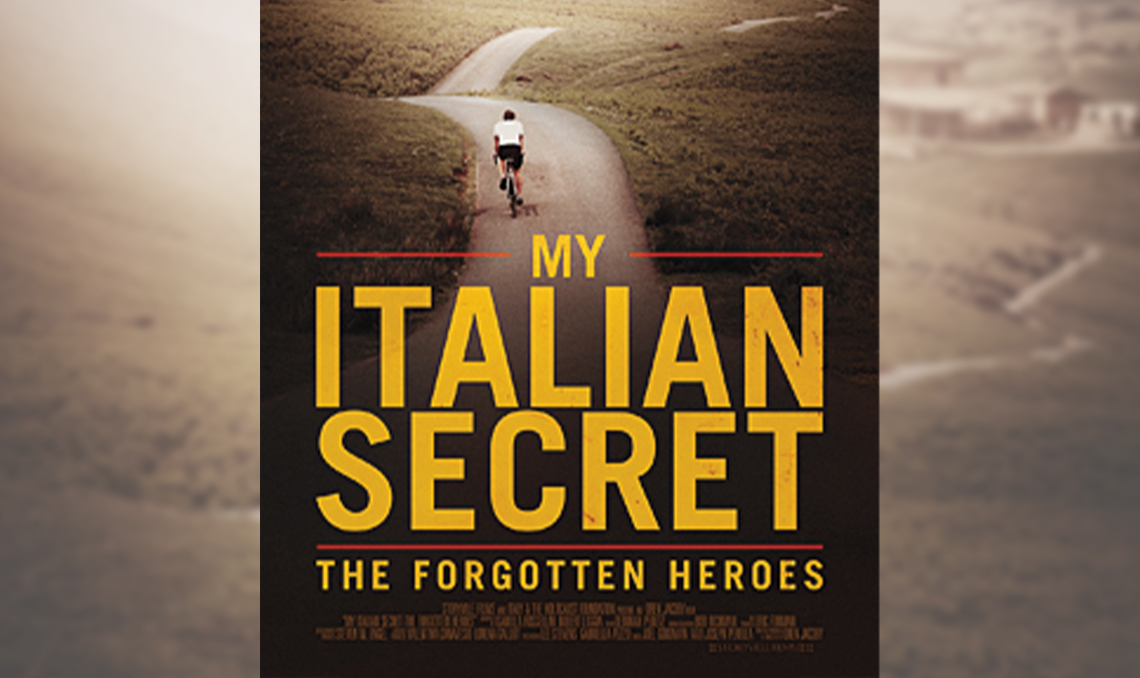
AMHS Holds Discussion of Italy’s “Forgotten Heroes” of the Holocaust
By Nancy DeSanti, 1st Vice President-Programs
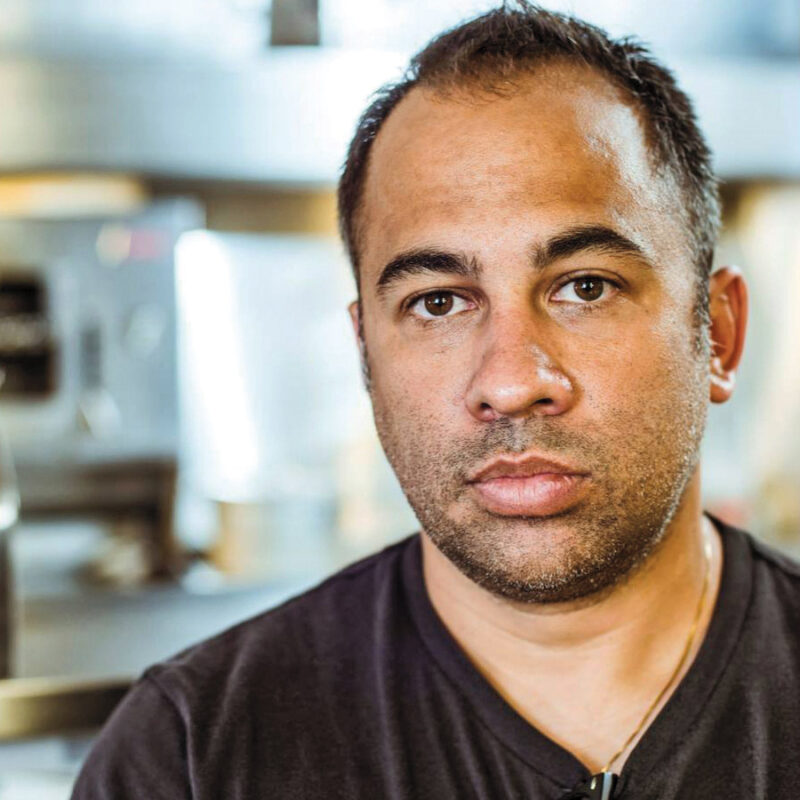
Credit: Courtesy of Jim Toscano
On January 30, 2022, the AMHS held a virtual discussion of the documentary film “My Italian Secret: The Forgotten Heroes,” led by Detroit-based documentary filmmaker and Society member Jim Toscano.
The film was selected for discussion to commemorate International Holocaust Remembrance Day on January 27, 2022, marking the 77th anniversary of the liberation of the Auschwitz-Birkenau concentration camps in Poland, where 1 million of the 6 million Jews perished during the Holocaust.
To realize how this is relevant in today world, it was reported that the day after Holocaust Remembrance Day, just a few blocks from Casa Italiana at Union Station, a man was arrested for spray-painting Nazi swastikas on the station’s walls.
And not long ago, in 2020, a survey was taken by a group of educators and historians, interviewing Americans 39 years old and under (millennials and Gen Z) all across the country. This survey found that 63 percent of these young Americans did not know that 6 million Jews perished in the Holocaust and, shockingly, 11 percent thought that the Holocaust didn’t happen or that it was caused by the Jews.
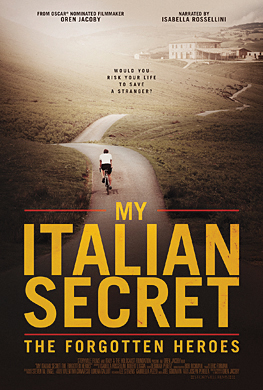
So maybe that’s why this year there have been a number of commemorative events in our area. On January 24, 2022, the Italian Cultural Institute and the Embassy of Italy hosted a webinar live-streamed from Italy with Auschwitz survivor Edith Bruck, an author who lives in Rome and who gives talks in schools all over Italy. One of her books included a “Letter to God” which drew the attention of Pope Francis, who made a two-hour visit to her apartment last year.
And the U.S. Capitol Historical Society hosted a webinar, now available on their website, with a lecture by Dr. Peter Hayes, a leading Holocaust expert. He addressed the questions of how and why did it happen? Why did no one stop it? And how is this relevant today? His answers were interesting — and also chilling.
The documentary discussed by our AMHS members and guests was sponsored by the Italy and the Holocaust Foundation. The film, narrated by Isabella Rossellini, tells the story of the famous cyclist Gino Bartali, who came from a poor Tuscan family of devout Catholics. After winning the Giro d’Italia and Tour de France in the late 1930s and becoming famous all over Europe, he was married in 1940 by the Cardinal of Florence, who would later recruit Bartali into a secret network that delivered forged identity papers to Jews hiding from the Nazis and Fascists. The film includes an interview with Bartali’s son and a member of the Jewish family who hid in the basement of Bartali’s home. “Good is something you do, not something you talk about,” Bartali famously said. “Some medals hang on the soul, not on the jacket.”
“Good is something you do, not something you talk about.”
– Gino Bartali
The film poses the profound question: “Would you risk your life to save a stranger?”
One of everyone’s most memorable characters was the 107-year-old elegantly dressed man in a wheelchair, interviewed in the piazza of his small town, who still vividly remembered how his town had all come together to hide the Jews, at the risk of their own lives. This “conspiracy of silence” took place in small towns across Italy, and the film shows many moving scenes of survivors returning to thank the children and grandchildren of the people who helped save them.
Lynn Sorbara, whose father served in the Army in World War II in Europe,remembers him telling her about the Ferramonti internment camp in Calabria run by the Italians, where prisoners were treated more humanely than in camps run by the Germans. In the film, one of the survivors returns to the camp and remembers being there as a child with her parents and then, in an emotional moment, she spots their photo on the wall.
Peter Bell asked about the use of re-enactments in the film, and Jim gave us some interesting insights into the pros and cons.
Carmine Spellane and several people remarked that, while the controversial role of Pope Pius XII is more widely known, they did not realize how much the priests and nuns did to help save the Jews, refugees and partisans during the war. Assisi was especially mentioned as a place where, in the spirit of St. Francis, Gino Bartali would deliver the forged identity papers to the convents and monasteries. The film shows many instances of tolerance and respect for one’s fellow man, even in a small way.
Many thanks to the Italy and the Holocaust Foundation for sponsoring the making of such an important and relevant film (available on Amazon Prime and Apple TV). And many thanks to Chris Renneker for organizing the event and to Jim Toscano for leading us in such an interesting discussion.
March/April 2022



